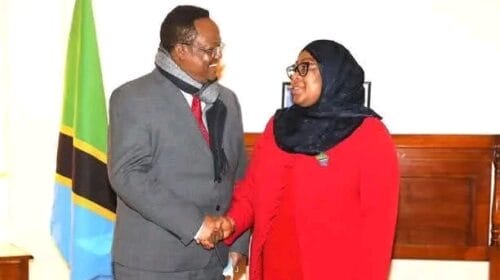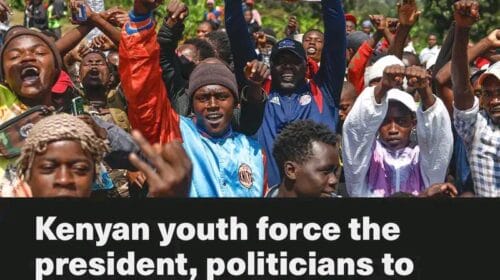Mauritius: Gender equality for the next term
According to Gender Links research, War at Home – Gender Based Violence Indicators, 25% women have experienced GBV and nearly the same percentage of men admitted to perpetuating the violence. The attitudes of both women and men towards gender relations and sexual entitlement in the same research are quite alarming. According to GL’s Attitude Survey, 82% men and 79% women agree that a woman needs her husband’s permission to do paid work. 84% men and 77% women agree that a woman should obey her husband, while 18% men and 13% women agree that if a woman works she should give her money to her husband.
There is great cause for concern when 55% men and 38% women believe that if a wife does something wrong the husband has the right to punish her; when 34% men and 37% women agree that it is not criminal for a woman to be raped by her husband; when 30% women and 38% men think that a woman cannot refuse to have sex with her husband.
The recent Government Programme read by the President of the Republic last month is a move in the right direction for the empowerment of women and especially for addressing gender violence. The Programme reads, “The National Coalition against Domestic Violence Committee under the aegis of the Prime Minister’s Office will liaise with the Ministry of Gender Equality, Child Development and Family Welfare and the Ministry of Social Security, National Solidarity and Reforms Institutions to ensure that victims of domestic violence are given immediate shelter in a Government institution and provided with a job and a house within a reasonable time frame to lead a normal life anew.”
With the Government’s proposal to give survivors immediate shelter in Government Institution, it will be interesting to know how these women will get access to these shelters and how many shelters will be built with all relevant facilities. At the moment SOS Femme is the only shelter in Mauritius that has an open door policy and women can run there at any time.
Putting this Committee, due to be established, under the aegis of the Prime Minister’s Office is indeed a step in the right direction. Through this Committee we hope that the voices of survivors will be heard. The disparity of cases reported to the various enforcement mechanisms shows the lack of a clear referral system. The GBV indicators study shows that the prevalence of GBV is 15 times higher than that reported at Family Support Bureaux; rape is 11 times higher than that reported to the police and sexual violence is 61 times higher than police reports.
Mauritius made a commitment to equal rights for women and girls by ratifying the Convention on the Elimination of All Forms of Discrimination against Women (CEDAW). Among others CEDAW provides for equal enjoyment of political rights of women. Yet the December 2014 Elections results show that Mauritius regressed with the percentage of women in parliament. Mauritius is now among the five Southern African countries with the lowest percentage of women in parliament-Malawi, Zambia, DRC and Botswana.
Mauritius saw a fourfold increase from 6% to 24% women councillors at the last local elections with the gender neutral approach of the New Local Government Act. Women’s hopes were high after the White Paper on electoral reform was drafted as it borrows from the Local Government Act, aiming to legislate a gender quota at the national level. Had the act been passed, Mauritius would have jumped to at least 33% women in Parliament.
Reforming the electoral system “to introduce a dose of proportional representation in the National Assembly and guarantee better women representation” as highlighted in the recent Programme is not enough.
The only road to Gender Equality is the implementation of the Government Programme and the approval of the White Paper on Electoral Reforms. It is only by giving women a chance that gender justice will prevail and we will be able to combat poverty, illiteracy, climate change and all social ills in our country.



